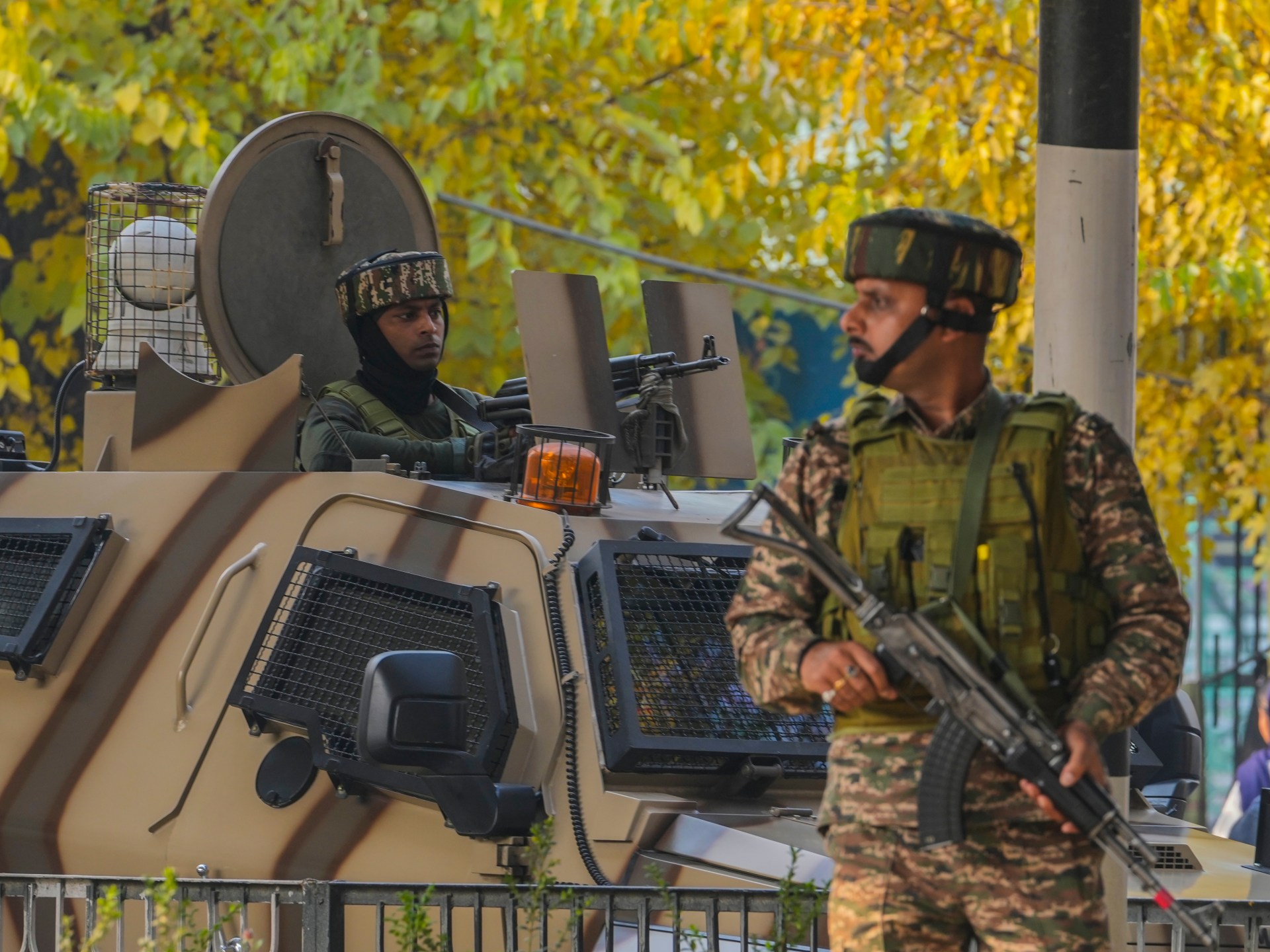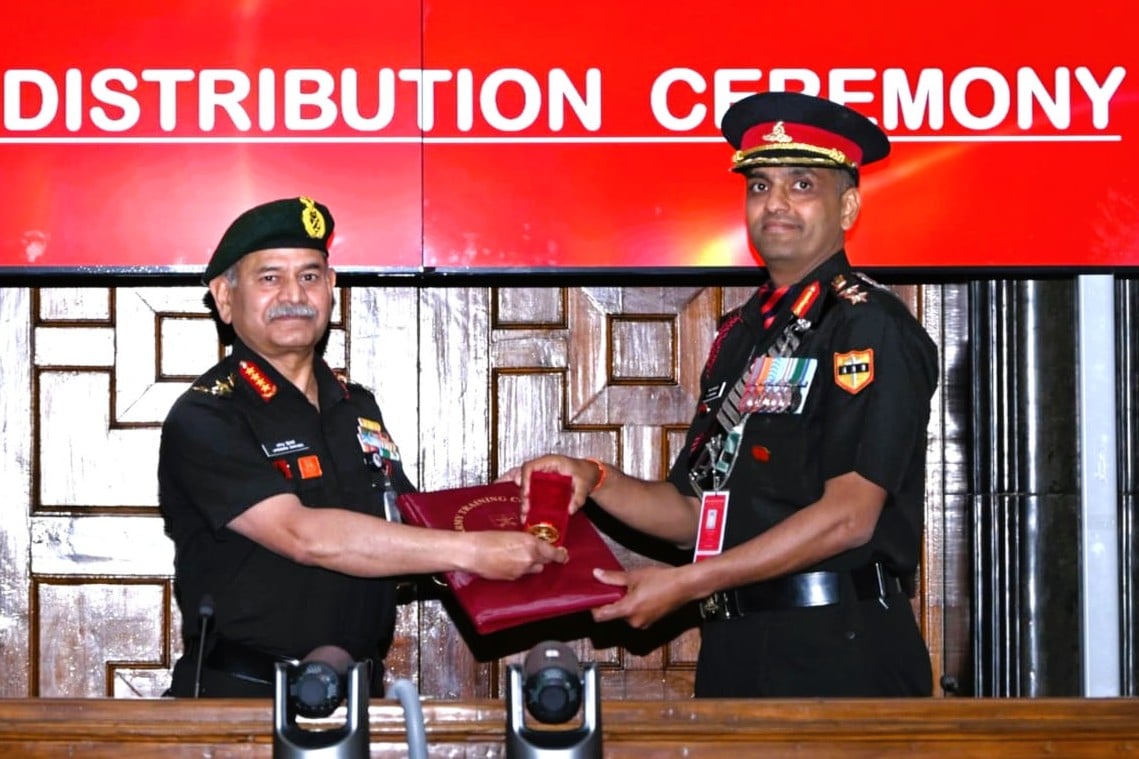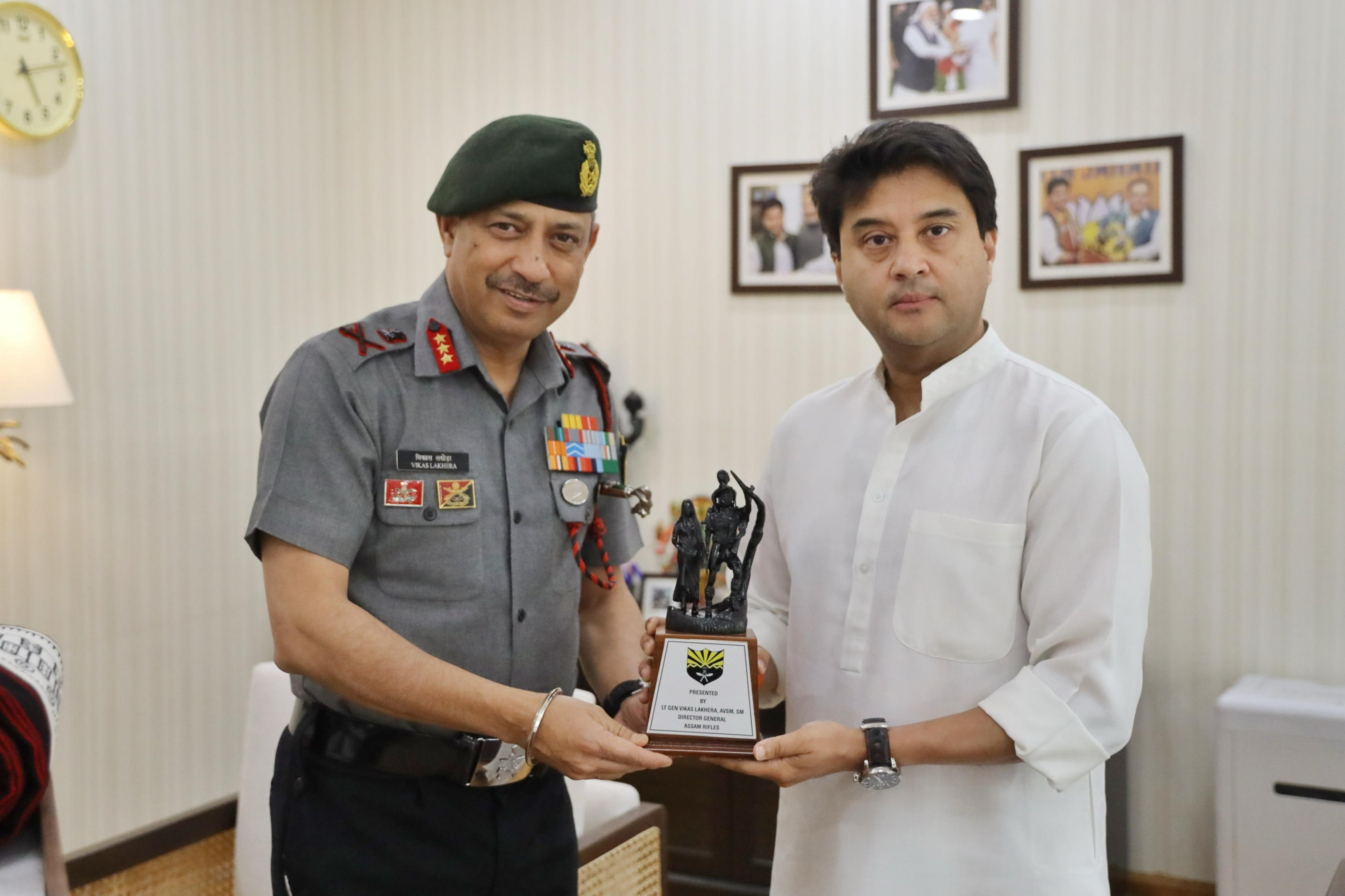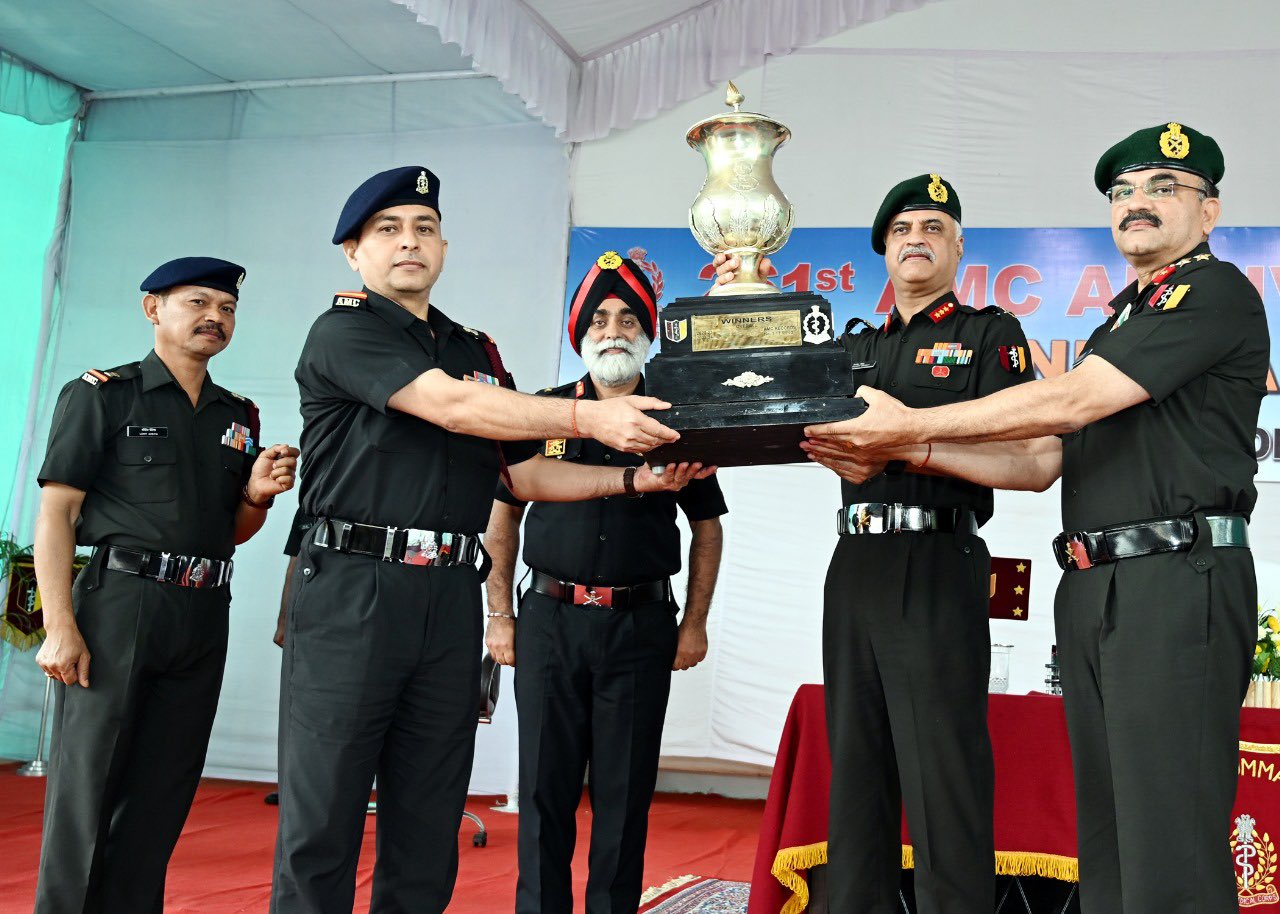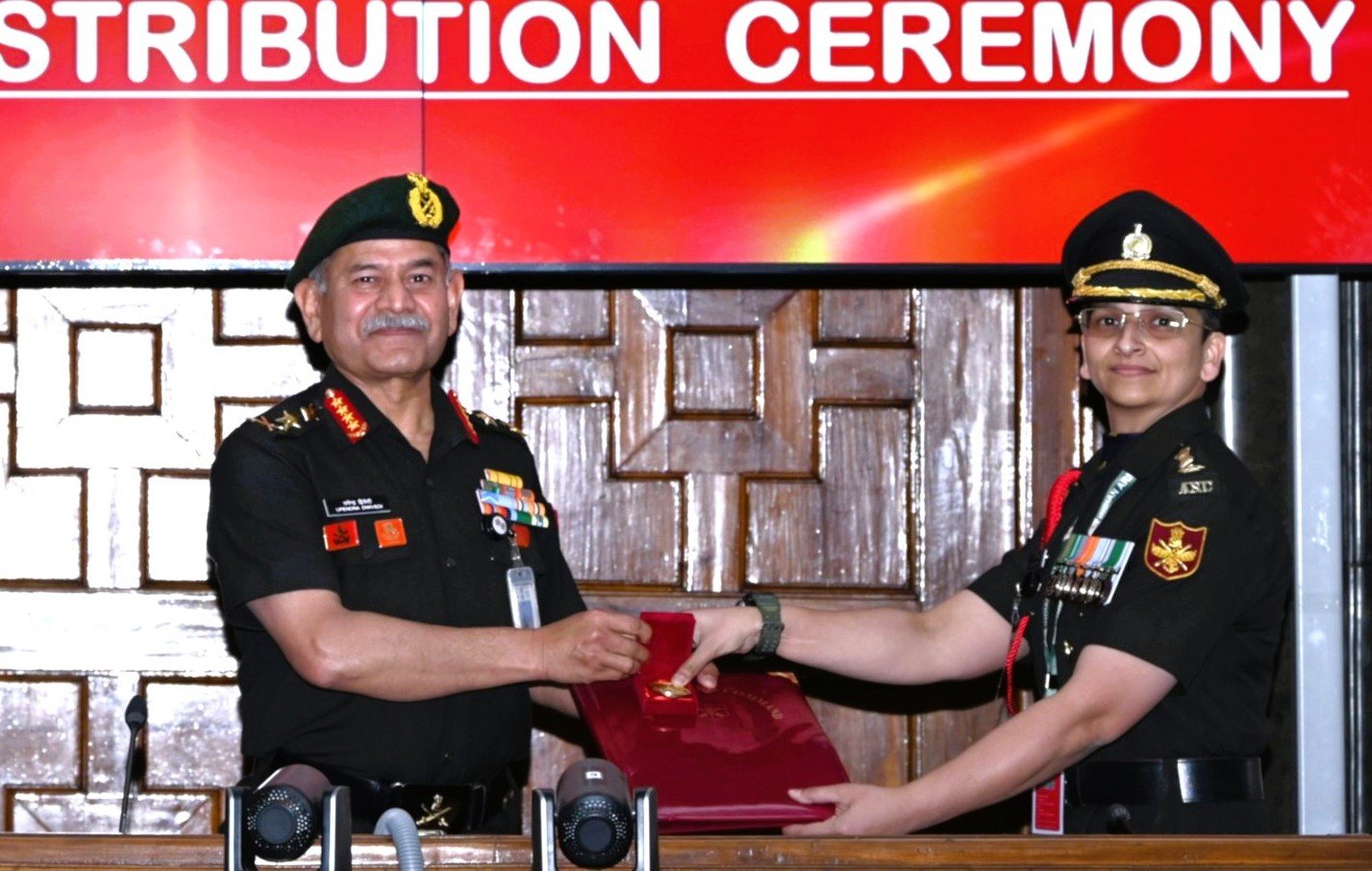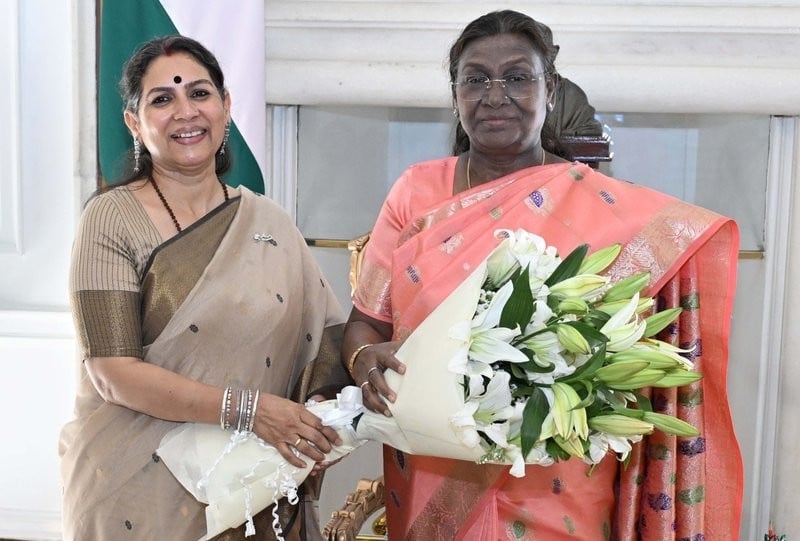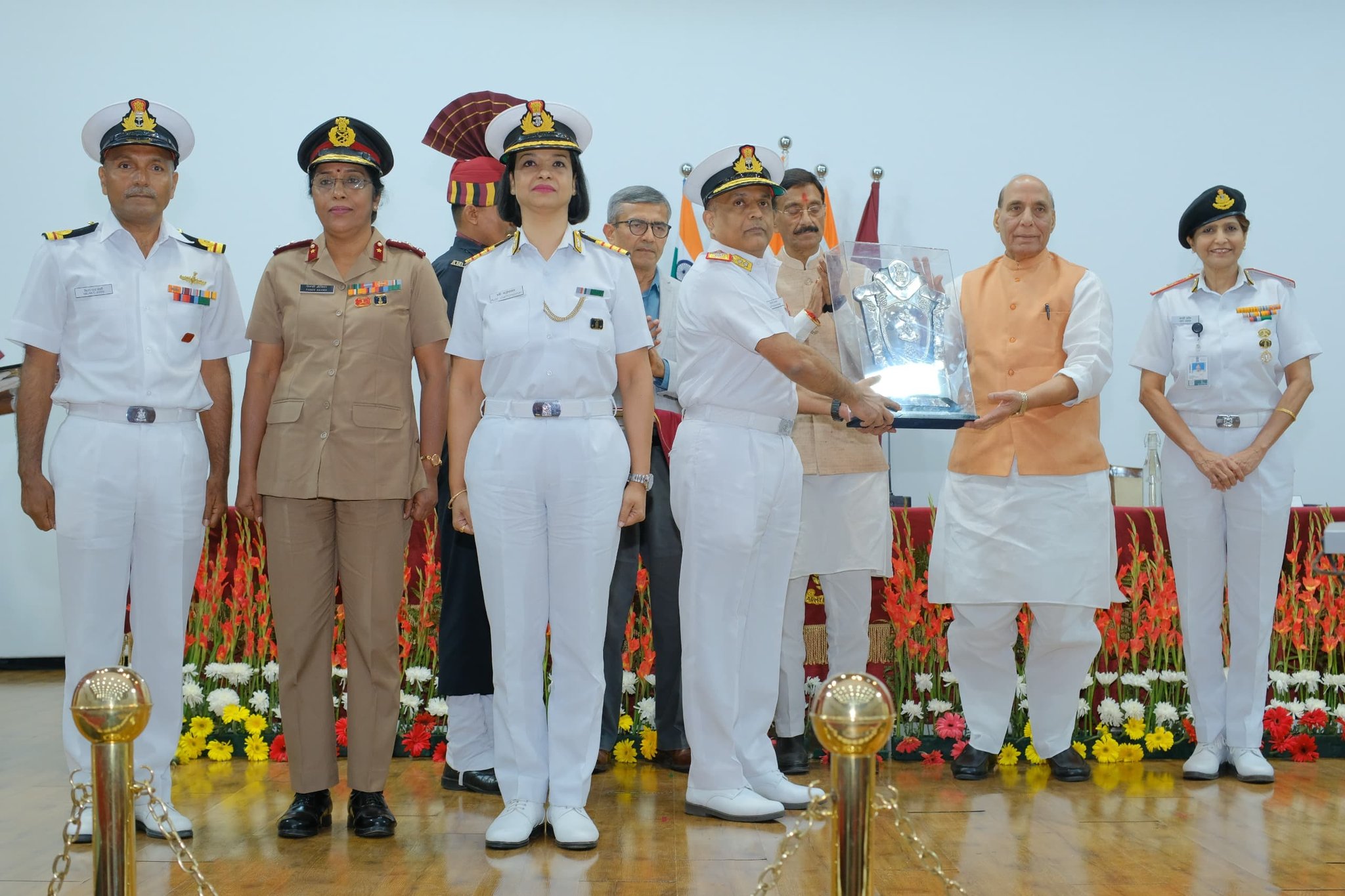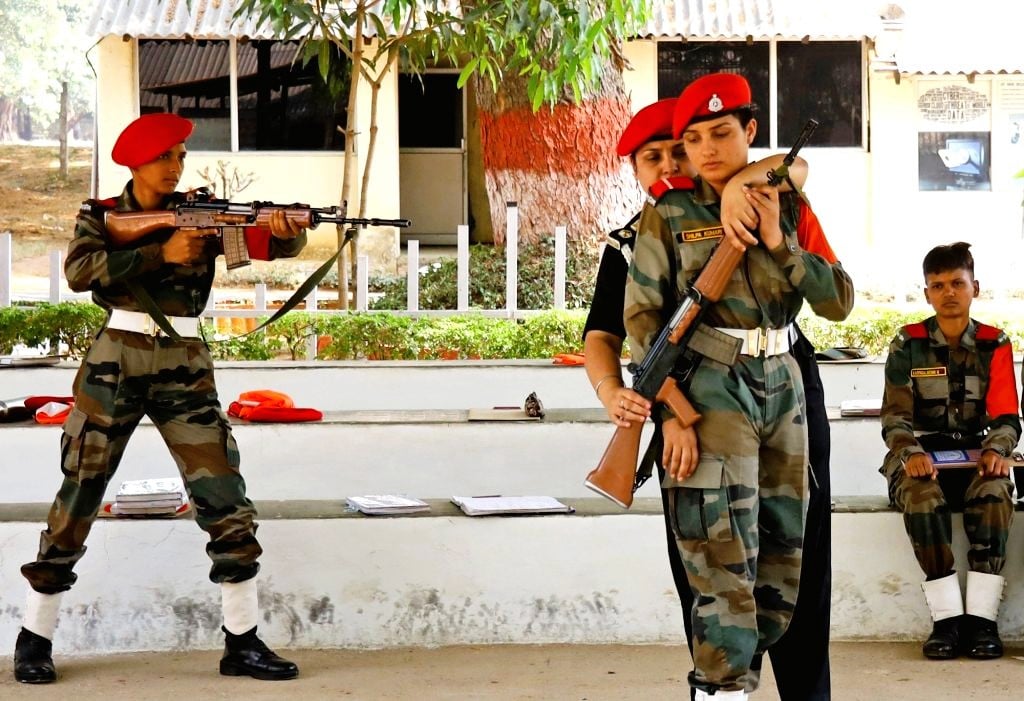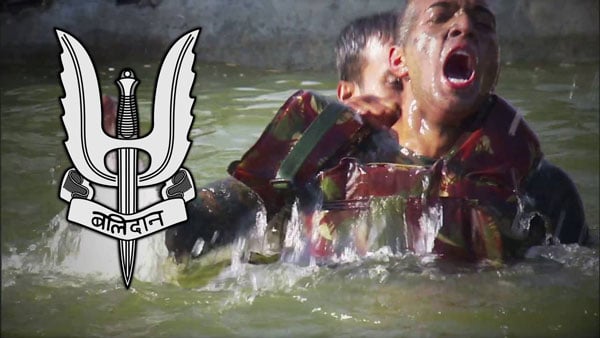In a significant escalation of violence in Indian-administered Kashmir, security forces reported the death of a suspected rebel during a gunfight in the Zabarwan forest area near Srinagar, marking a critical moment in a region that has seen increased armed confrontations in recent days. The Indian army’s Chinar Corps confirmed the neutralization of the rebel, amidst ongoing operations against armed groups in the region.
This incident is part of a broader pattern of violence, with two separate gun battles currently unfolding in the Chaas area of Kishtwar district in southern Jammu and in Baramulla district, north of Srinagar. These confrontations occur just days after rebels from the Kashmir Tigers armed group claimed responsibility for the killings of two members of a government-backed militia known as the Village Defense Group in Kishtwar.
The controversial situation in Kashmir has long been fueled by separatist sentiments, with many local Muslims either advocating for independence or calling for integration with Pakistan. This desire for autonomy has led to significant violence, resulting in the deaths of tens of thousands of civilians, rebels, and security personnel since the outbreak of armed rebellion. The Indian government has responded to the unrest by deploying more than 500,000 soldiers to the region, seeking to quell the ongoing conflict.
New Delhi has consistently attributed the rise in militancy to support from Pakistan, alleging that Islamabad provides weapons and logistical assistance to the rebel factions—a claim that Pakistan vehemently denies. Both countries share a historic contention over the Kashmir region, with each claiming the territory in full yet governing only portions of it. The area has been the flashpoint of two wars between India and Pakistan and decades of conflict against Indian rule.
In recent weeks, the frequency of attacks has surged. Since October, there have been multiple exchanges of fire between rebel groups and Indian forces, including a targeted assault on an army convoy and an attack on a construction site, resulting in seven fatalities. In a particularly brazen act, a rebel threw a grenade into a crowded market in Srinagar, injuring twelve individuals.
The Indian military is actively conducting operations to dismantle rebel presence; just last week, troops raided a village near Sopore after receiving intelligence about armed rebels. During the ensuing confrontation, two fighters were reportedly killed.
Following the recent violence, Jammu and Kashmir’s Chief Minister expressed his concerns on social media platforms, urging security forces to enhance their counter-terrorism measures to prevent future attacks.
The political landscape in Kashmir is also experiencing changes, with the newly elected regional assembly passing a resolution last Wednesday that calls for the restoration of the region’s special status, which was revoked by Prime Minister Narendra Modi’s government in 2019. This action was accompanied by extensive security measures, including mass arrests and a prolonged communications blackout in the region.
Modi’s administration responded firmly to the assembly’s resolution, asserting that there is no possibility of reinstating Article 370, which previously granted partial autonomy to Kashmir, highlighting the persistent tensions that define the region’s current socio-political climate.

